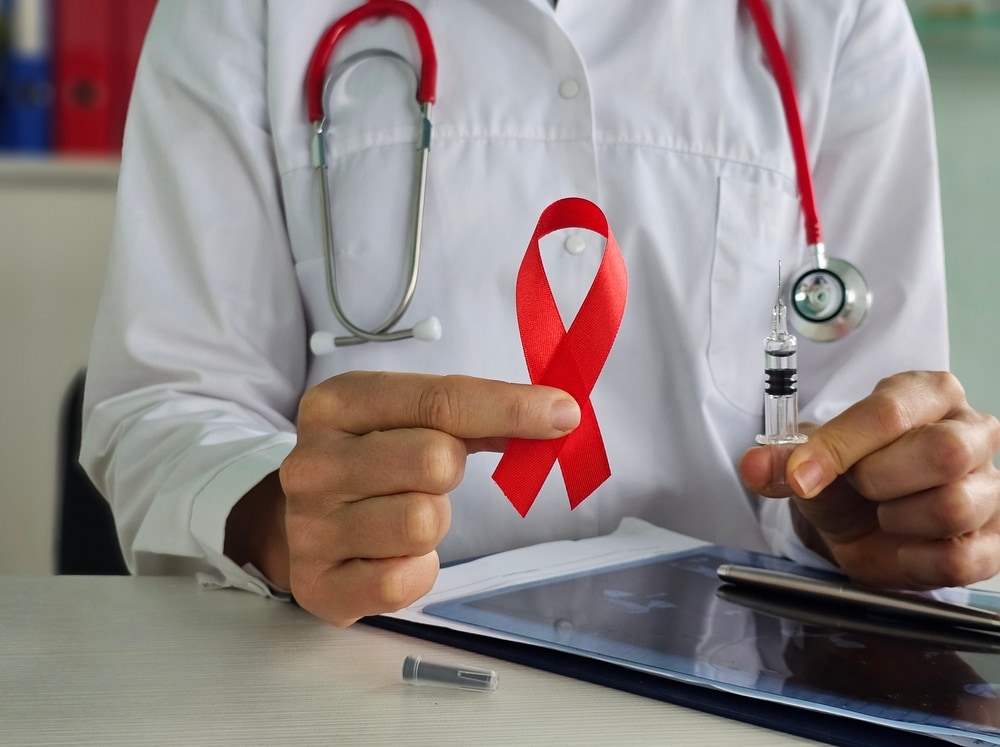
An injection capable of preventing HIV infection for six months has received approval from the US Food and Drug Administration (FDA). Gilead’s Yeztugo (lenacapavir) is now the longest-acting variant of pre-exposure prophylaxis (PrEP) for adults at risk of sexually acquired HIV.
It functions by disrupting HIV’s capacity to create its outer protein shell (capsid) and targets the virus at several stages of its replication – including viral DNA entry into host cells, assembly of the virus, and capsid creation. “It does not lead to any particular cross-resistance with other antiretroviral medications, so in that regard, it is quite beneficial,” states Dennis Liotta from Emory University in Atlanta, US, whose team is developing its own antiviral and PrEP solutions.
Yeztugo is regarded as superior to other PrEP options since adherence to six-monthly injections is considerably simpler compared to medications that require more frequent administration. Two phase 3 studies conducted in sub-Saharan Africa indicated that 99.9% or more of participants using Yeztugo remained HIV negative. Both studies concluded that Yeztugo outperformed Gilead’s older daily oral PrEP, Truvada (emtricitabine and tenofovir disoproxil). Its prolonged duration and high protection levels contributed to the journal Science naming lenacapavir as its breakthrough of the year for 2024.
Lenacapavir was previously approved by the FDA in 2022 as an antiretroviral treatment (marketed as Sunleca) for adults living with HIV-1 whose infections could not be managed with existing therapies due to resistance, intolerance, or safety issues. Daniel O’Day, Gilead’s CEO, described Yeztugo in a statement as providing “a genuine opportunity to help eradicate the HIV epidemic.” Developments in HIV treatments over recent years have significantly enhanced the lives of individuals with HIV–Aids, but long-term infection prevention remains a challenge. While efforts continue toward potential vaccines, their clinical success is still far off.
Liotta acknowledges that Yeztugo will represent “a significant advancement for a specific group in developed areas like the US, Europe, and parts of Asia,” but cautions that it is “not a cure-all” and cannot be equated to a vaccine. “Their approval criteria are narrow, and there are notable side effects like joint pain post-injection for some individuals. Additionally, there are approximately 100 drug–drug interactions associated with lenacapavir,” he notes, which may pose issues for people on multiple medications. “This will be most effective for younger, healthier patients who are not undergoing extensive therapy,” Liotta adds.
Liotta also predicts the medication will have minimal impact in low- and middle-income nations as it will be more costly than other PrEP combinations, some of which are already accessible as generics. Gilead has invested heavily in PrEP medications, leading Liotta to state, “I don’t believe we will see competitors entering the market rapidly,” implying that prices are unlikely to see significant reductions before Gilead’s patents expire. He further mentions that companies are now proficient at prolonging their patent exclusivity through secondary patents.
The PrEP market is substantial. Yeztugo is projected to generate US sales exceeding $100 million (£73 million) in 2025, escalating to $1.5 billion or more by 2028. GSK’s Apretude (cabotegravir) – administered every two months – achieved £279 million in sales in 2024, nearly doubling its 2023 figures. Meanwhile, Gilead’s top-selling daily PrEP tablet, Descovy (emtricitabine and tenofovir alafenamide), generated over $2.1 billion in 2024.